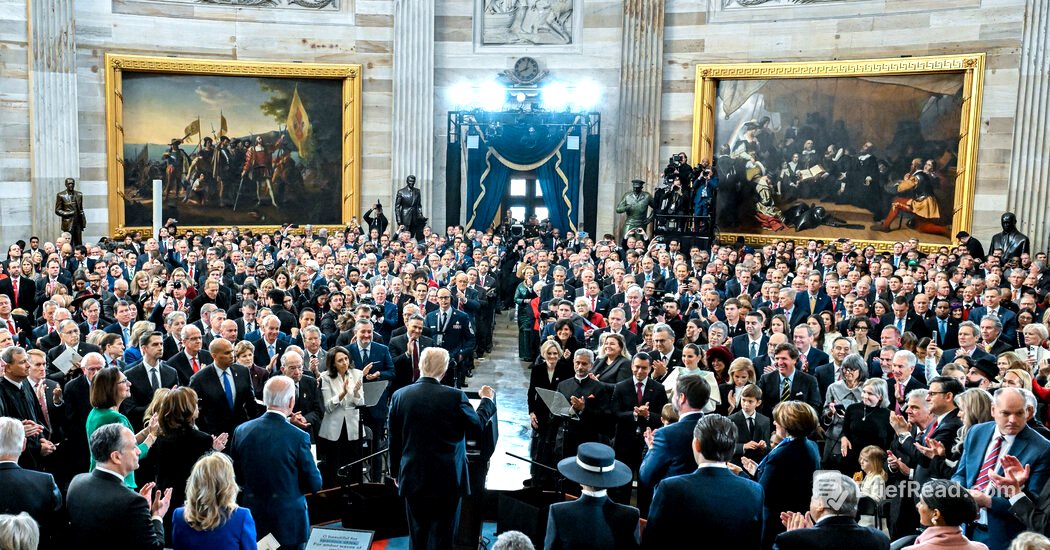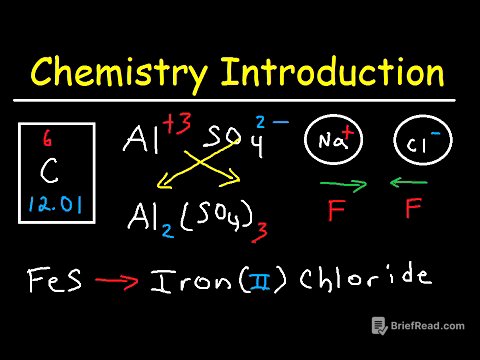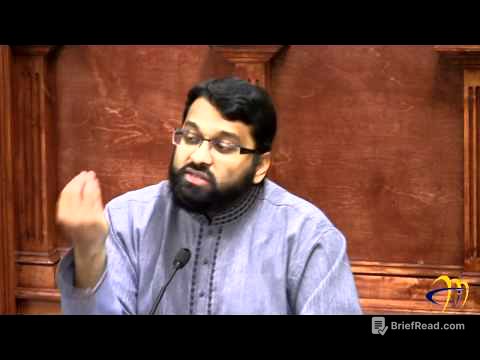TLDR;
This article analyses President Trump's second inaugural address, highlighting his aggressive tone and his vow to pursue a more conservative domestic agenda and an expansionist foreign policy. Trump declared that he will not be thwarted in his goals, both at home and abroad, and will take a more assertive approach to international relations. He also expressed his intention to "enrich our citizens" by imposing tariffs and taxes on foreign countries.
- Trump's speech was delivered with a tone of aggression, intended to be heard both domestically and internationally.
- He vowed to pursue a more conservative domestic agenda and an expansionist foreign policy, stating that he will not be thwarted in his goals.
Trump's Address, Annotated
President Trump's second inaugural address was marked by a strong sense of aggression and a clear intention to pursue a more assertive approach to both domestic and foreign policy. He wasted no time in appealing to American ideals, instead choosing to deliver a warning to both domestic and international audiences.
Trump declared that he would end an era of American generosity being exploited by the world, introducing an "External Revenue Service" to impose tariffs and taxes on foreign countries. He also made the false claim that China controls the American-built Panama Canal, vowing to "take it back."
In a move reminiscent of President William McKinley, Trump reinvigorated the idea of American "manifest destiny," this time applying it to the concept of an American settlement on Mars. This declaration received a thumbs up from Elon Musk, the world's richest man and founder of SpaceX, who has been a close confidante of the president since the election.









